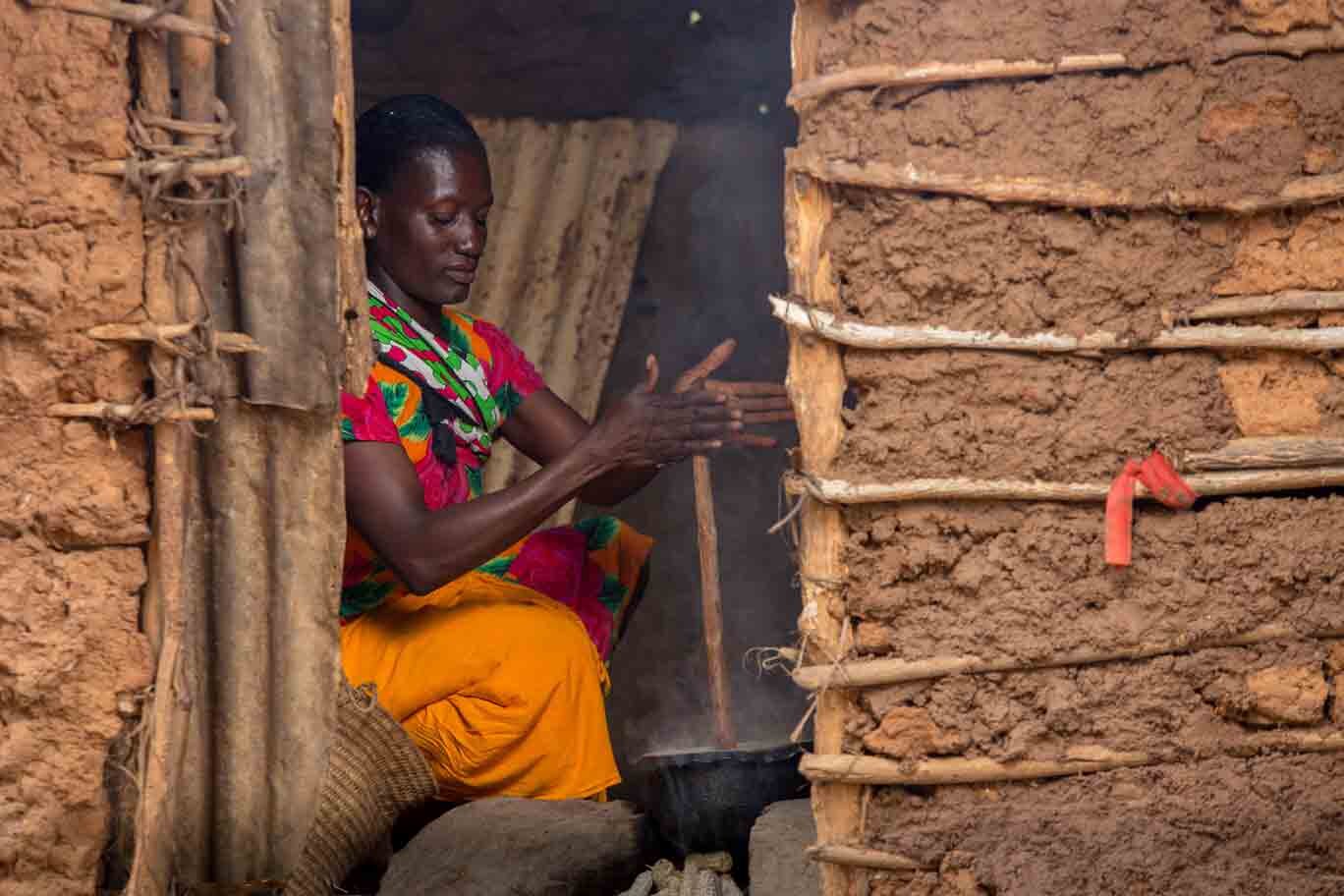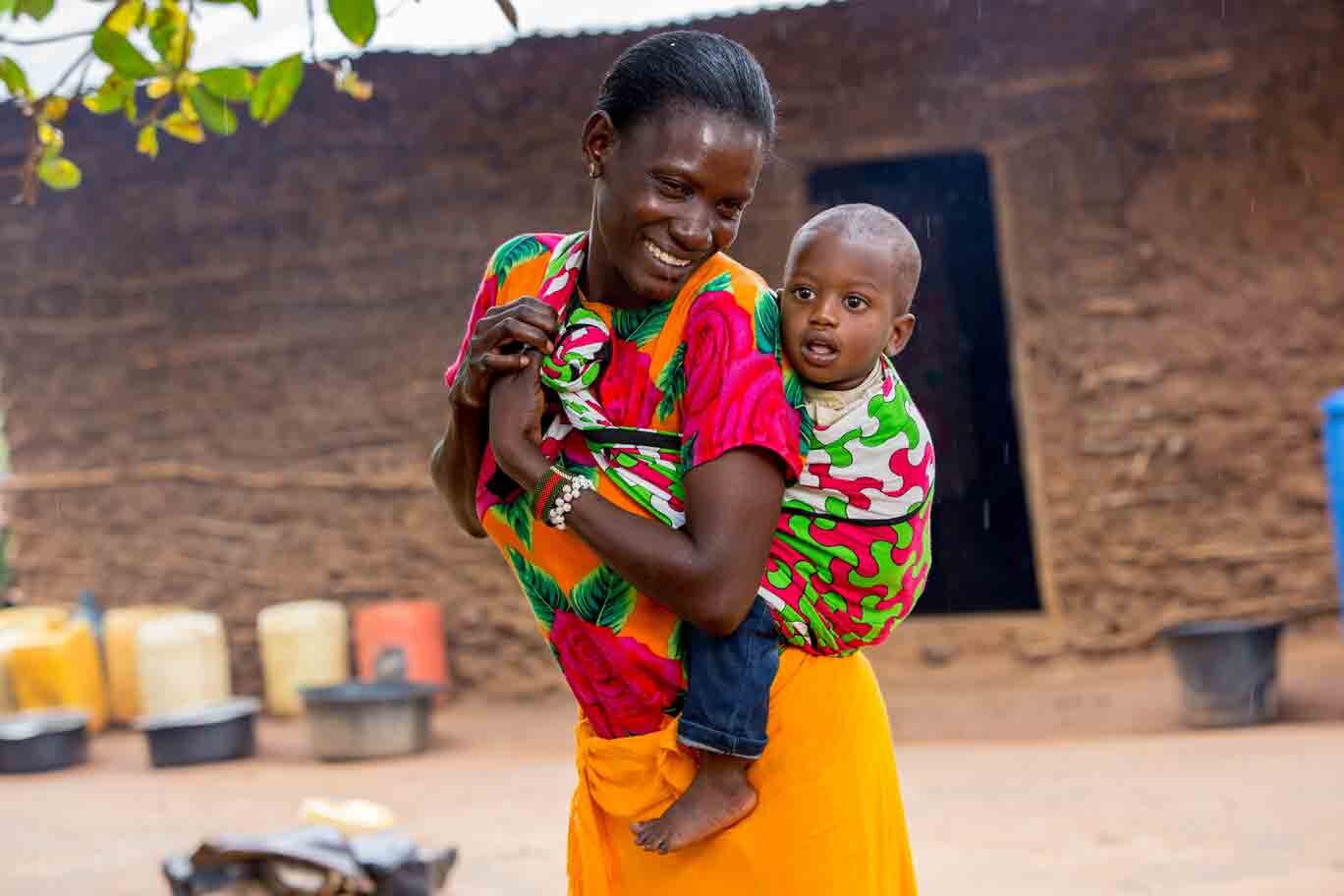UNICEF helps families affected by COVID-19 with cash transfers






33-year-old Ndogu Ngenja is a widow and a mother of 5 children. She lives in Kirongo village, Kilifi County, in the Coastal Region of Kenya. The area has some of the highest poverty levels in the country. She works as a casual laborer and does some farming too, but due to the COVID-19 pandemic, jobs have become scarce thus affecting her income. The produce she gets out of her little farming is not sufficient to feed her children. With schools closed and all the children spending more time at home, Ndogu has less time to look for jobs to earn an extra income
UNICEF has partnered with the Kilifi County Government to send every month a stipend to vulnerable mothers with young children through a cash transfer program to cushion them during the ongoing COVID-19 pandemic.
“I received 2,000 shillings (20 USD) during this period of the COVID pandemic,” Ndogu says, “I used the money to buy some food for the children like beans, rice and maize, to add to what I have farmed.”
Community health volunteers from Kilifi County have been trained by UNICEF on how to educate mothers like Ndogu on the importance of preparing different types of local foods instead of having every day the same staple food. Most mothers would feed their children just to kick away the hunger, resulting in a high number malnutrition cases. With the extra financial support Ndogu has received through the cash transfer initiative, she is able to feed her children with a more balanced diet.
Trans.Lieu was engaged to produce this feature human-interest story of the ongoing COVID-19 response activities supported by UNICEF. Our crew interacted with Ndogu and other mothers in Kilifi to know and understand how they cope with this pandemic.
Client: UNICEF Kenya
Services: Video production and photography
Year: 2021

